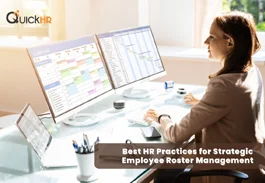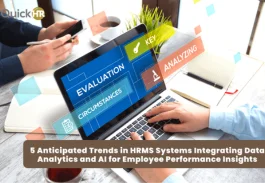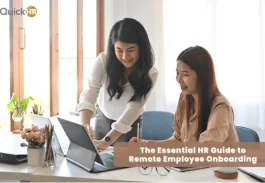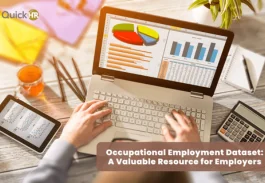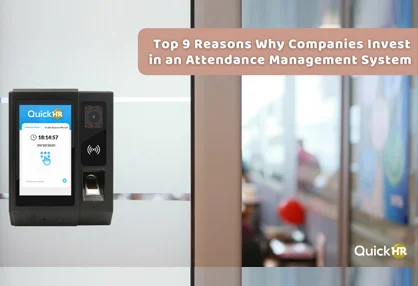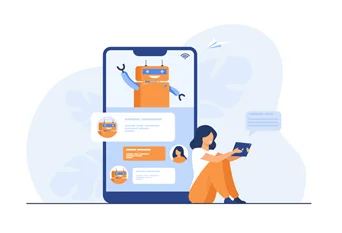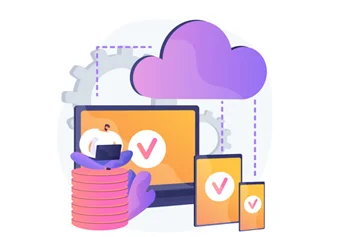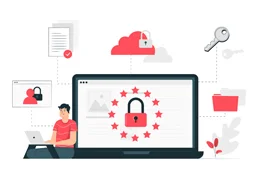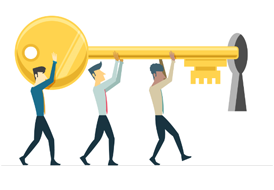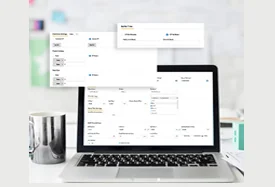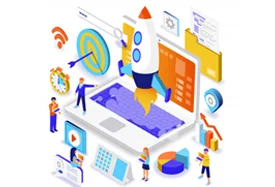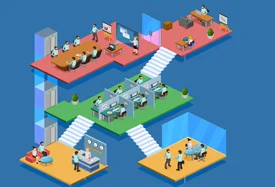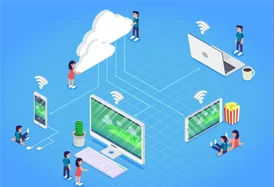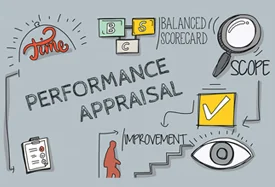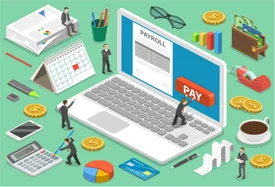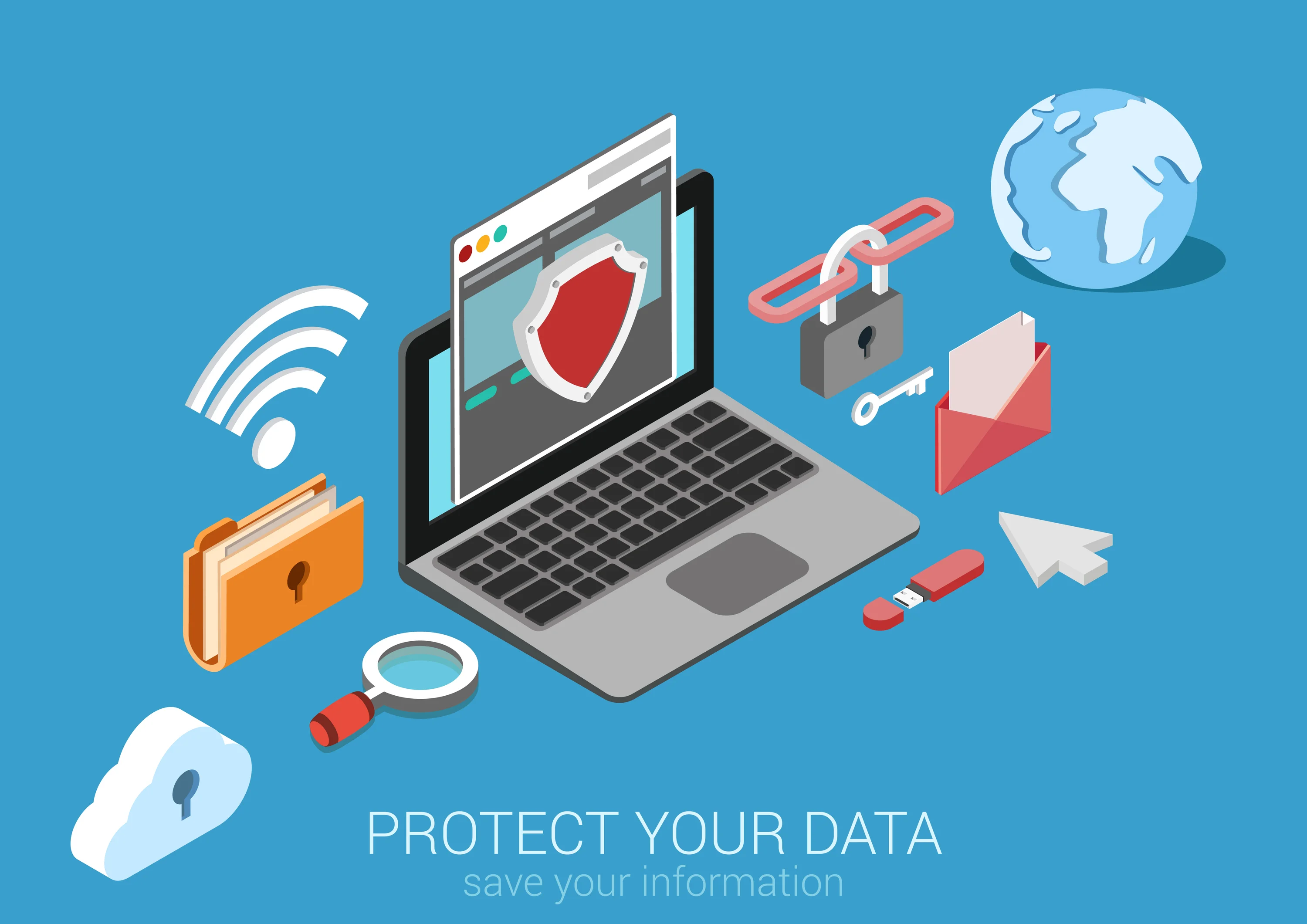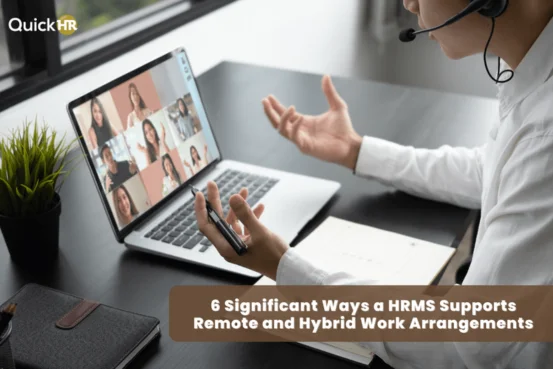
6 Significant Ways a HRMS Supports Remote and Hybrid Work Arrangements
Posted on 11 October 2023 in Business | Suki Bajaj
To understand how a Human Resource Management System (HRMS) can significantly support remote and hybrid work arrangements, we sought insights from HR professionals across the globe and discovered the transformative impact of digital HR solutions on their daily business operations.
From enhancing communication and collaboration to streamlining HR-related tasks, these experts share their experiences and tips on leveraging HRMS in remote work.
In this guide, we’ll talk about:
Enhancing Communication and Collaboration
One significant way an HRMS has been instrumental in supporting remote and hybrid work arrangements is by enhancing communication and collaboration among our diverse team.
The HRMS serves as a centralized platform where employees can access essential resources, communicate with colleagues, and manage their work schedules, regardless of their physical location.
Employees now have easier access to development resources, contributing to a 40% increase in participation in professional development programs.
This has been particularly crucial in ensuring that our team remains connected and engaged, fostering a sense of community and shared purpose, even when we are not physically together.
Feedback collection and analysis have become more efficient, leading to quicker implementation of employee suggestions. This responsiveness has resulted in a 20% improvement in employee satisfaction scores related to workplace environment and support.
Shirley Borg, Head of Human Resources, Energy Casino
Disseminating Policies and Updates
One significant way an HRMS can help to support remote and hybrid work arrangements is through providing an effective means of communication.
For example, in my experience, I have seen it used to push company-wide policies and updates directly to team members who may not easily keep up with the constant changes when working remotely or from home.
This is done by utilizing automated messages that allow any new information about the workplace to be disseminated quickly and efficiently, saving the organization time while also reaching everyone who may not have prior knowledge.
Carly Hill, Operations Manager, Virtual Holiday Party
Managing Scheduling Challenges
The shift to remote and hybrid work environments posed scheduling challenges. The integration of a Human Resource Management System (HRMS) proved transformative.
With its assistance, we could easily track and manage employees' varying work hours, especially those juggling between on-site and remote locations.
An instance when two key trainers had overlapping schedules because of a manual oversight comes to mind. Thankfully, our HRMS flagged the clash in real-time, allowing us to adjust promptly.
This not only ensured uninterrupted training sessions but also reinforced the trust our employees placed in the system.
Haya Subhan, General Manager, First Aid at Work Course
Facilitating Performance Management and Feedback
Performance management becomes even more important in remote and hybrid environments. An HRMS can help by allowing for regular check-ins, goal setting, and feedback collection.
For instance, a previous employer had an HRMS that enabled managers and employees to schedule performance reviews and exchange progress updates online. This openness developed a culture of constant development.
Timothy Allen, Sr. Corporate Investigator, Corporate Investigation Consulting
Centralizing HR-Related Tasks
A Human Resource Management System (HRMS) supports remote and hybrid work arrangements by providing a centralized platform for all human resource-related tasks.
An HRMS allows organizations to offer and manage benefits plans, track time-off requests, administer employee surveys, and provide onboarding materials virtually to remote employees.
Using an HRMS in a previous organization proved extremely beneficial in providing employees the tools they needed to best succeed while working remotely.
One example of this was the benefit-tracking system that enabled staff members who worked remotely or outside of traditional office hours to choose their optimal plan with ease from available options, regardless of location.
This allowed staff to quickly and conveniently make decisions about their medical coverage options without waiting for assistance or having to come into the office.
James McNally, Managing Director, SDVH [Self Drive Vehicle Hire]
Offering Digital HR Resources
In remote and hybrid work arrangements, employees don't have the easy access to their HR leaders that they have in in-office environments, which can lead to feelings of dejection and isolation.
A Human Resource Management System can mitigate this problem by offering digital HR resources to employees who need help or resources now.
These resources, along with any guidance or support literature, can help streamline the employee experience and solve HR issues on the spot, offering help to employees without making them wait for the next opportunity to meet with their HR leaders face-to-face.
Joanne Demeireles, CXO, Oula Health
In conclusion, HRMS software can play a significant role in supporting remote and hybrid work arrangements by automating HR tasks and processes, providing employees with a self-service portal and enhanced team collaboration, as well as ensuring compliance with local labour laws and regulations.
By investing in an all-inclusive HRMS software like QuickHR, organisations can effectively boost efficiency, productivity, and employee engagement for remote and hybrid work arrangements.
If you want to know more about QuickHR, you may contact us or request a free trial with absolutely no terms and conditions!
Enjoying this content? Subscribe and we’ll send the latest updates and special offers directly to your inbox.

